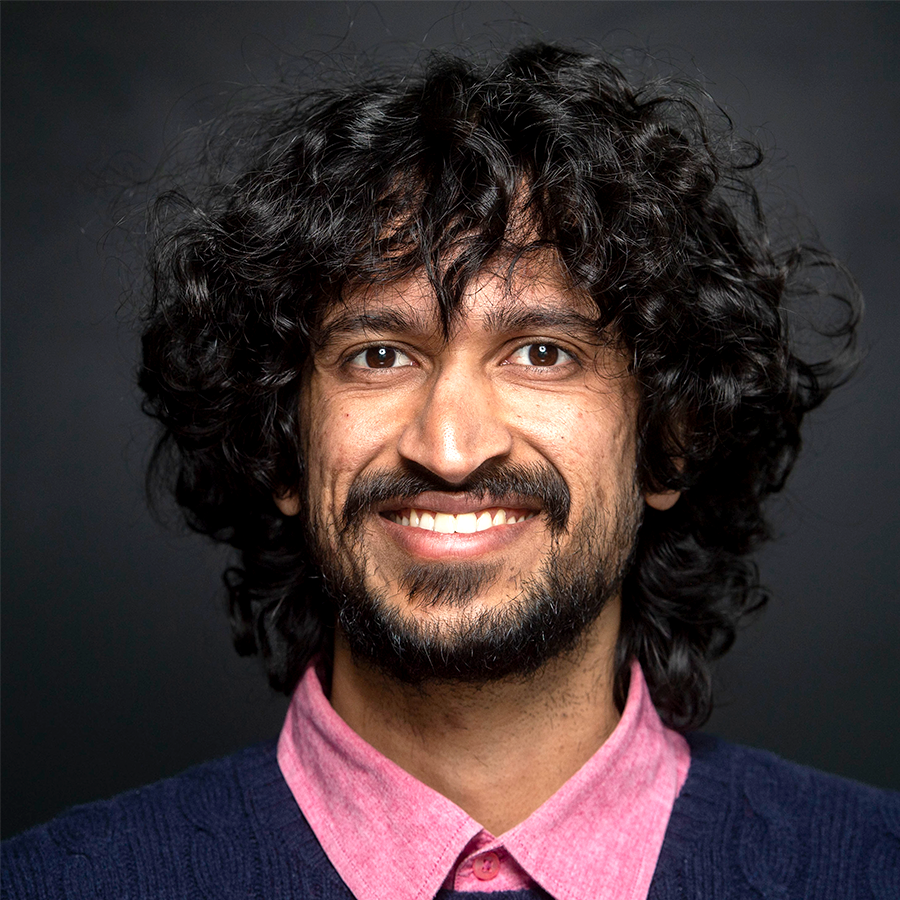AI4OPT Short Course II
Three Lectures Wed, April 10 and Thu, April 11
Location: Groseclose 402
Time: See below
Speaker: Aaditya Ramdas
A Martingale Theory of Evidence
Abstract: This series of lectures will summarize a recent body of work on a new theory of testing, estimation and change detection using e-values, martingales and betting. We will describe an approach towards testing hypotheses and estimating functionals that is based on games. In short, to test a (possibly composite, nonparametric) hypothesis, we set up a game in which no betting strategy can make money under the null. But if the null is false, then smart betting strategies will have exponentially increasing wealth. Thus, hypotheses are rewritten as constraints in games, the statistician is a gambler, test statistics are betting strategies, and the wealth obtained is directly a measure of evidence which is valid at any data-dependent stopping time (an e-value). The optimal betting strategies are typically Bayesian, but the guarantees are frequentist. This "game perspective" provides new statistically and computationally efficient solutions to many modern problems, like nonparametric independence or two-sample testing by betting, estimating means of bounded random variables, testing exchangeability, and so forth. The lectures will summarize some past work and future directions. Some ideas were also summarized in a recent survey paper in Statistical Science (arXiv:2210.01948).
Schedule:
This is a three part course over two days. Each part is two hours long with a short break.
Lecture 1: Wed, Apr 10, 2 pm – 4 pm (Coffee and Snacks will be provided)
Lecture 2: Thu, Apr 11, 10 am – 12 pm (Lunch will be served)
Lecture 3: Thu, Apr 11, 3 pm – 5 pm (Coffee and Snacks will be provided)
Bio: Aaditya Ramdas (PhD, 2015) is an assistant professor at Carnegie Mellon University, in the Departments of Statistics and Machine Learning. His research interests include high-dimensional statistics, sequential methodology, post-selection inference, and uncertainty quantification for machine learning. His applied areas of interest include neuroscience, genetics and auditing. Aaditya has received the IMS Peter Gavin Hall Early Career Prize, the COPSS Emerging Leader Award, the Bernoulli New Researcher Award, the NSF CAREER Award, the Sloan fellowship in Mathematics, and faculty research awards from Adobe and Google. He also spends 20% of his time at Amazon working on causality, anomaly detection and LLMs.

